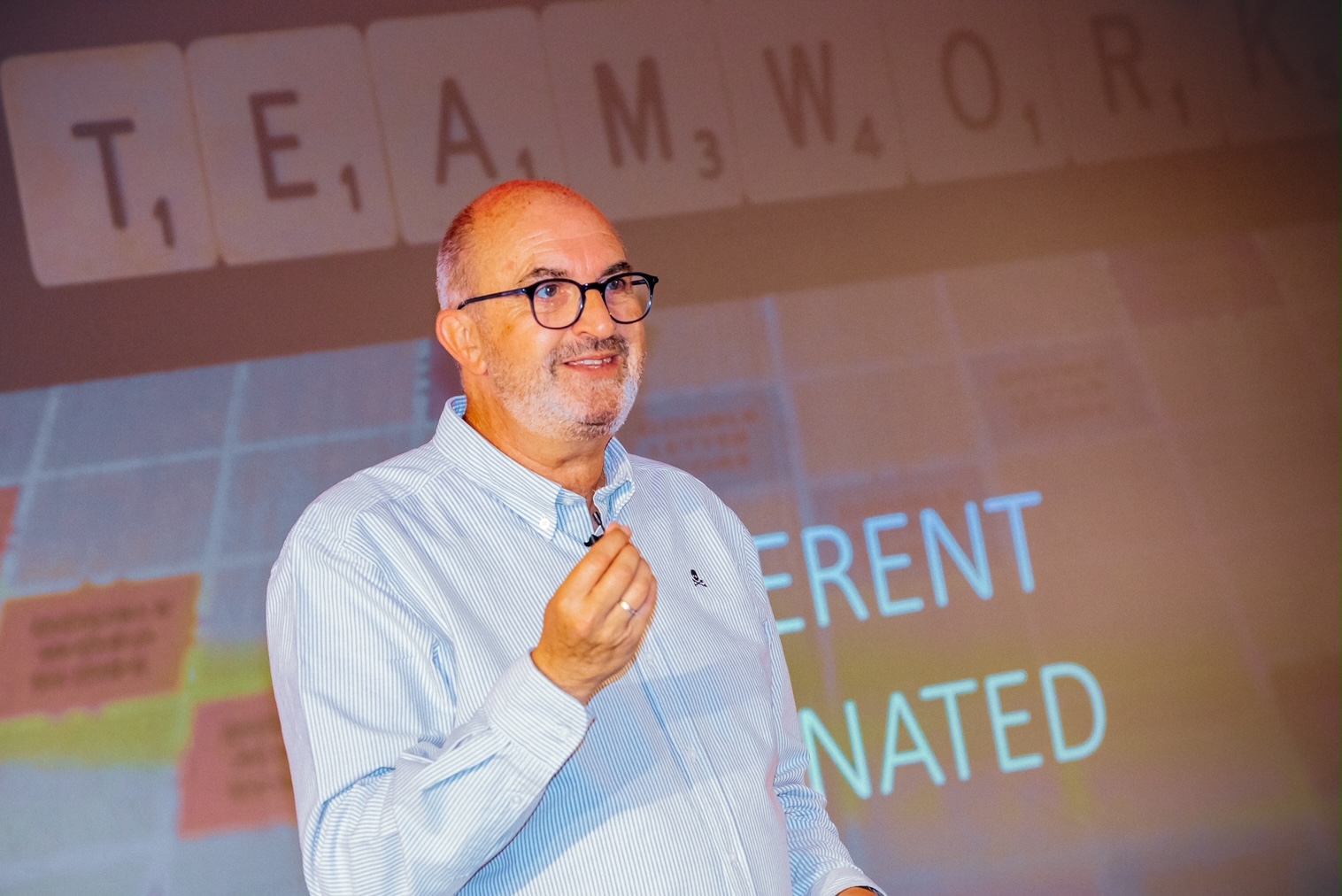Are organisations to blame for poor leadership and dysfunctional teams?

This article includes excerpts from a recent webinar, delivered to 200 APM members.
In a survey I conducted about leadership development on LinkedIn, 70% of those who responded said that they had no leadership development before taking on the role, and of those, 60% said that they had no subsequent leadership development. Pretty frightening feedback, I’m sure you will agree.
Regularly, I hear of new leaders being promoted into a role due to their technical expertise and not their leadership capabilities. A two-week handover of their old job, followed by a two-week induction into their new leadership role, and hey presto, they’re good to go! It happened to me over 30 years ago and I still have sleepless nights thinking about the damage I did to my team, due to my ineptitude at leading them.
Combined with the above, we have project teams that, due to historic measurement practice and learning, focus solely on Key Performance Indicators (KPIs). Often in projects these align with the cost, quality, time model. When I became accredited in project management, this was included.
What is often overlooked is the fact that these KPIs are directly impacted by how effective teamwork is, which quite often, teams don’t think about, let alone measure.
No surprise therefore that based on research results from teams using the Team DyNAmics Model, 40% of teams are dysfunctional, only 10% are high performing, and 50% are merely average. Yet organisations are surprised when their leaders or teams fail to achieve the KPIs and goals that have been set!
Let’s be honest, nobody wants to fail when leading others and nobody wants to work in a team that is dysfunctional. But it’s not all the leaders, nor indeed their team’s fault either; it’s more often than not, lack of appropriate learning and development, or lack of relevant tools provided.
Sometimes, we get the perfect storm of both ineffective leadership and teamwork.
So, what should organisations be considering, to support their leaders and teams more effectively?
Turning first to leadership development: once an individual has been highlighted as having leadership potential, the relevant department should put plans in place to equip them with appropriate leadership development. Then, once in situ, they can hit the floor running rather than being in a sink or swim situation, which can be damaging to them and the team they’re leading. We should also be proactive, and if leadership development hasn’t been put in place, we should raise this issue.
Turning to the ineffectiveness of teamwork, based on my experience: organisations should ensure that teams are provided with the appropriate tools. This way they can understand and measure the foundations of high-performance teamwork: who is in the team and how effective is their teamwork.
‘Who is in your team’ relates to understanding both the behavioural skills and technical skills that individuals bring to them team.
Being aware of behavioural skills allows us to understand how individuals make decisions, their communication preferences, who are more introverted or extraverted members within our team, and whether our team is homogenous or heterogenous. It’s often the homogenous teams that have greater challenges, especially when it comes to ‘group thinking’, reflecting and transforming as a team. Personality profiling gives teams this information and enables a team map to be created so we can visually understand the overall make-up of the team.
Technical skills can be understood by looking at CVs, HR records, certificates of achievement, and simply talking. I’m often surprised when team members don’t know the technical skills of their colleagues who they work with on a daily basis. Do you know the technical skills of your colleagues?
The second foundation of high-performance teamwork is understanding how effective teamwork is.
In another survey that I undertook with project management professionals, only 1% of them measured how effective their teamwork was! We’ve got to get better at this.
When I talk about teamwork, I am talking about measuring its effectiveness, based on the perception of the team:
- Whether everyone has clarity about the purpose of their team?
- What degree of trust exists between team members?
- How effectively do team members collaborate, sharing their knowledge and skills?
- Does the team have plans to achieve their goals and objectives? And are they updated on a regular basis?
These are the most important four of 16 elements of teamwork that are measured in the Team DyNAmics Model that I created. If these elements are not measured and understood, it causes the most damage to teamwork.
So, if you and your team don’t measure how effective your teamwork is, my recommendation would be to discuss how you could do this, or what tools are available to do so.
In conclusion, are organisations to blame? Maybe, but there are steps that we can take to fix this. I would suggest as a first step, if any of the above resonates with you, that if you are a team leader, open up discussions about your leadership development with the appropriate people.
And if you are a team member, if your team does not measure the effectiveness of your teamwork, perhaps raising this with your team leader, or with the whole of your team, the next time you have a team meeting.
You may also be interested in:


4 comments
Log in to post a comment, or create an account if you don't have one already.
Great post and very insightful Nick - seems obvious when framed like that and yet too little attention given to those factors.
Nothing in here that doesn't ring true for me
Very insightful Nick. During my time in the Middle East working for a large defence contractor employees were promoted into management roles with no training to speak of. When, not surprisingly, they struggled in their new role the ‘Customer’ wanted rid of them. In an effort to alleviate the situation I established a management training programme through the Institute of Leadership & Management using core modules that met the requirements of the Customer, the company and the ILM. Worked very well.
Thanks Richard, John and Ian for your comments and observations.